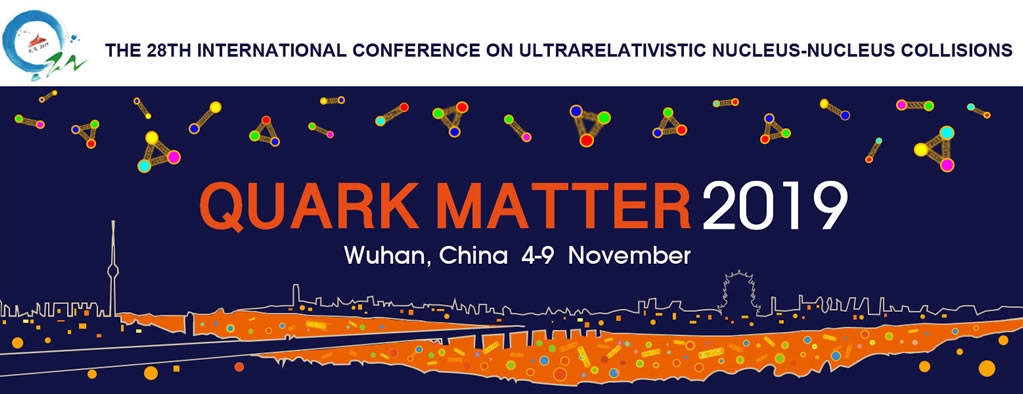Speaker
Description
The production of quarkonia in hadron-hadron collisions occurs at the transition between the perturbative and nonperturbative regimes of QCD, resulting in a rich phenomenology that remains far from being fully understood. $J/\psi$ hadronization dynamics can be studied by measuring the $p_{T}$ fraction, $z \equiv p_{T,J/\psi} / p_{T,jet}$, carried by the $J/\psi$ meson detected inside a jet. The distribution of this quantity, also called fragmentation function, gives us an opportunity to investigate the dominant subprocesses responsible for $J/\psi$ production. In addition, the production of non-prompt $J/\psi$, coming from b hadron decays, inside a jet should be sensitive to the fragmentation functions of quarks and gluons into b hadrons. The fragmentation of high $p_{T}$ jets containing a $J/\psi$ meson was measured in pp collisions by LHCb and CMS Collaborations, respectively. The results surprisingly show that non-prompt $J/\psi$ in jets are well described by models, but that prompt $J/\psi$ tend to be produced at much lower $z$ than the model predicted.
In this contribution, we present the measurements of the fragmentation of jets into $J/\psi$ in pp collisions at $\sqrt{s}$ = 13 TeV using the data collected by ALICE,with the $J/\psi$ being measured at mid-rapidity in the di-electron decay channel by the central barrel detectors. Prompt and non-prompt components will be separated using the pseudo-proper decay length.
